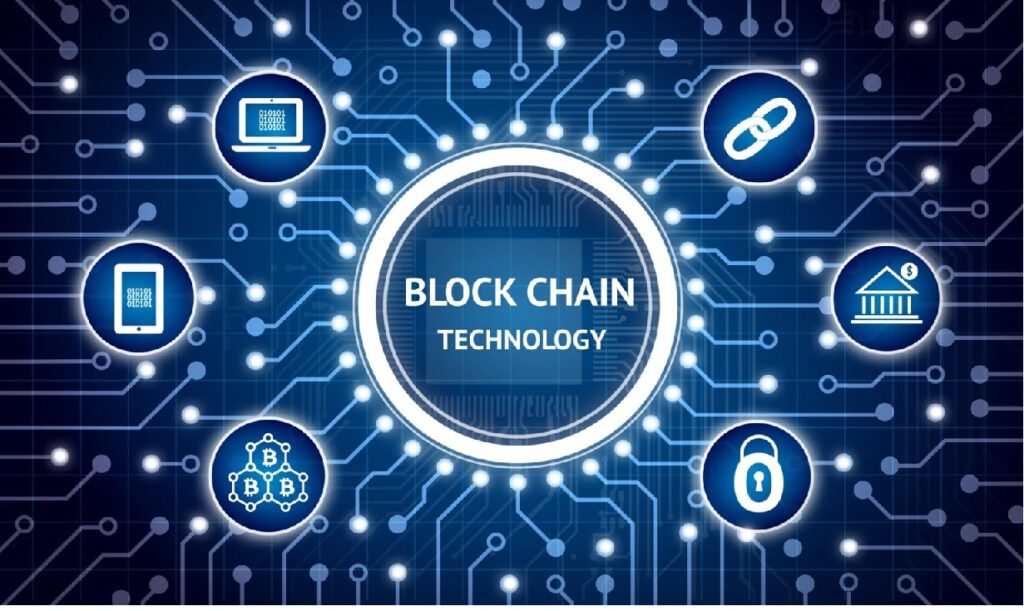Author: Akshay Published Date: 30 June 2025
The Google Sheet That Changed the World
Imagine a spreadsheet that:
✅ Everyone can see
✅ Nobody can edit secretly
✅ Automatically verifies entries
✅ Has no central owner
That’s blockchain in a nutshell – a tamper-proof digital ledger that’s rewriting how we trust and transact online. Forget complex jargon; let’s explore how it actually works.
How Blocks Become Chains: A Simple Breakdown
Step 1: The Digital Notebook
- Transactions (like “Alice pays Bob $10”) get grouped into “blocks”
- Each block holds hundreds of transactions
Step 2: The Security Seal
- Every block gets a unique “hash” – like its DNA fingerprint
- This hash includes the previous block’s fingerprint → forms a chain
Step 3: The Guardian Network
- Copies live on thousands of computers (“nodes”) worldwide
- To alter one block, you’d need to change every copy simultaneously → mathematically impossible
Real-world analogy: Like signing every page of a notebook. Changing page 3 would require re-signing all later pages – instantly noticeable!
The Trust Machine: No Bosses Needed
Blockchain’s magic is decentralization. Instead of banks or governments verifying transactions, consensus rules do the work:
Proof of Work (Bitcoin-style)
- Miners solve math puzzles (energy-intensive)
- First solver adds the block → earns crypto
- Security through computing power
Proof of Stake (Ethereum 2.0/Solana)
- Validators “stake” coins as collateral
- Randomly chosen to add blocks
- Bad actors lose their stake → eco-friendly security
Beyond Bitcoin: Real-World Superpowers
| Industry | Blockchain Solution | Real Example |
|---|---|---|
| Healthcare | Secure patient records | MedicalChain (UK) |
| Shipping | Transparent cargo tracking | Maersk TradeLens |
| Voting | Tamper-proof elections | Sierra Leone 2018 pilot |
| Art | Provenance verification | Verisart certifications |
| Real Estate | Instant property transfers | Georgia’s land registry |
Why businesses care: Cuts fraud, eliminates paperwork, and creates audit trails that outlast companies.
Smart Contracts: The Robot Lawyers
These self-executing digital agreements run on blockchain:
Examples:
- “When shipment reaches 25°C → notify FDA & halt payment”
- “When 10k votes verified → release funds to campaign”
Caution: Immutable code = permanent mistakes. A $60M DAO hack proved that flaws can be catastrophic.
The Blockchain Family Tree
Not all blockchains are created equal:
Public (Bitcoin, Ethereum)
- Fully open
- Slow but ultra-secure
- Good for: Crypto, NFTs
Private (Hyperledger, Corda)
- Invite-only access
- Faster, more privacy
- Good for: Corporate supply chains
Hybrid (Dragonchain)
- Mix of public/private
- Flexible permissions
- Good for: Government systems
The Flip Side: Challenges Ahead
Energy Dilemma
- Bitcoin uses more electricity than Norway 🇳🇴
- Solution: PoS cuts consumption by 99.95%
Growing Pains
- Ethereum handles 30 transactions/second vs. Visa’s 24,000
- Solution: Layer-2 networks (like Polygon) boost speed
Regulatory Gray Zone
- Is crypto property? A security? Currency?
- Governments are scrambling to classify
Should You Care? The Decision Tree
Blockchain makes sense when you need:
🔒 Tamper-proof records (land deeds, academic degrees)
🤝 Trust between strangers (global supply chains)
✂️ Middlemen elimination (bankless payments)
Not worth it for:
- Simple databases (use Excel)
- Low-stakes data (your grocery list)
The Future Is Chained
Blockchain is quietly transforming:
- Identity: Control your digital self (Microsoft Entra)
- Web3: Own your social media content (Bluesky, Lens)
- Finance: 24/7 global payments (Ripple, Stellar)
“This isn’t about crypto – it’s about rebuilding trust architectures that predate the internet.”
– Naval Ravikant
Ready to explore? Start with Ethereum’s testnet or track a Walmart mango’s journey via IBM Food Trust. The revolution is open-source and waiting.
